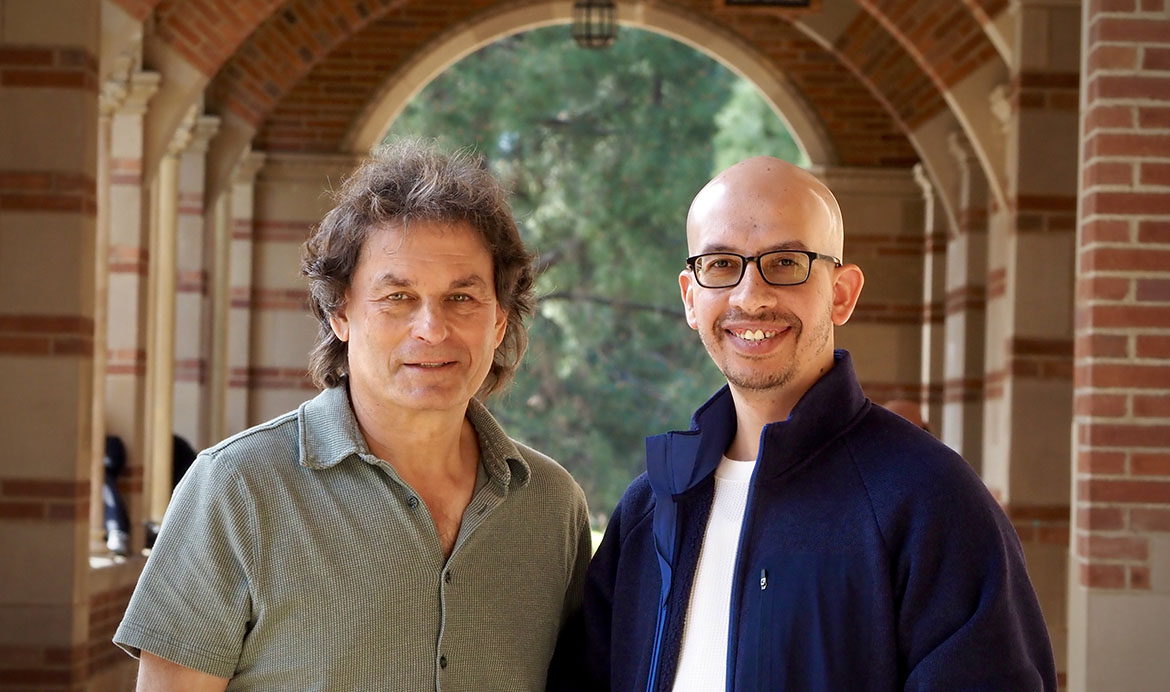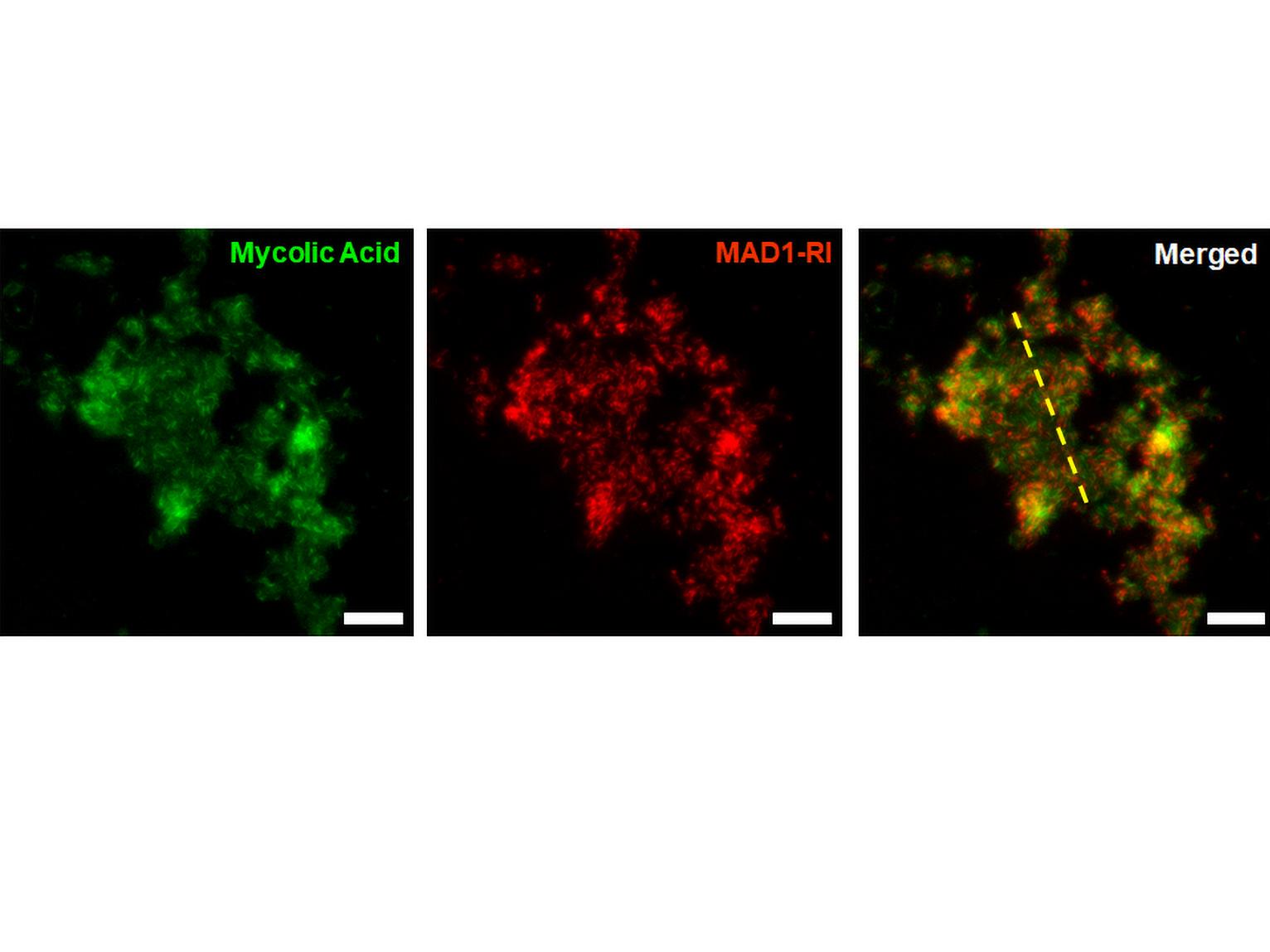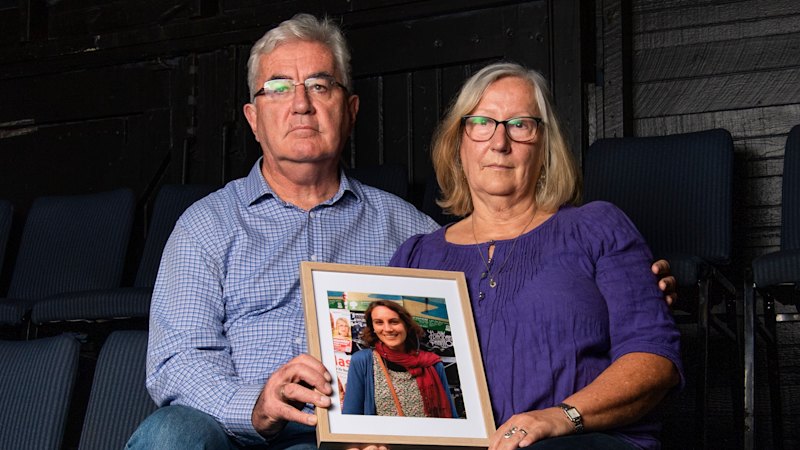
When Ben Thomas’ father succumbed to a drug-resistant infection, it underscored a personal tragedy and highlighted the global crisis of antimicrobial resistance (AMR). This issue is recognized as one of the most critical health challenges of our time, with a 2014 UK review predicting a rise in deaths from drug-resistant infections from 700,000 to 10 million annually.
Amid this looming threat, companies like BioXconomy have reported on innovative approaches to tackle AMR, such as antibacterial lipoglycopeptides and lasso peptides. However, while many firms strive to design novel therapeutics from scratch, Thomas, co-founder and CEO of AMPLY, believes the solutions may lie hidden within genomic “dark matter”—parts of the genome with largely unknown functions.
AMPLY’s Innovative Approach to AMR
AMPLY’s journey began with a focus on predictive analytics and machine learning, according to co-founder and COO Dermot Tierney. “Thomas came from a biology background,” Tierney explained, “and was particularly interested in antimicrobial resistance, which drove the development of AMPLY.” Initially, the company explored antimicrobial peptides as potential solutions for drug-resistant infections.
Today, AMPLY has evolved its platform into an AI-driven tool for molecule discovery, akin to a “ChatGPT for molecules,” as Tierney describes it. By leveraging machine learning and synthetic biology, AMPLY scans genomic datasets to identify antimicrobial peptides and RNA interference (RNAi) molecules, mining what evolution has already optimized rather than starting from scratch.
The Economic Hurdles of Antibiotic Development
Antimicrobial resistance is often dubbed a “silent pandemic,” with drug developers struggling to address it due to the high costs and low financial returns of developing new antibiotics. The estimated cost of developing a new antibiotic exceeds $1 billion, while the average revenue from antibiotic sales is just $46 million annually. This economic imbalance has led to a drying up of therapeutic pipelines, even as resistant infections surge.
The current antibiotic pipeline is “quite leaky” due to “many existing antibiotics becoming obsolete due to the increasing mechanisms of bacterial resistance,” according to a review article in ACS Omega.
AMPLY aims to accelerate the development process by discovering naturally occurring antimicrobial peptides through its platform. However, Tierney acknowledges that their technology cannot resolve the fundamental economic barriers. “The economic logic is not there to drive pharmaceutical companies to develop new antibiotics,” he noted, citing the financial struggles of recent antibiotic developers.
AI’s Role in Drug Discovery
AMPLY is among many biotech companies integrating AI into drug discovery. Tierney predicts that within the next decade, AI-driven drug discovery will become the norm, with AI seen as a standard tool rather than a distinct market.
Despite the emphasis on AI, Tierney stresses the continued importance of traditional biology. “At AMPLY, we’re trying to leverage the platform as a combination of the wet lab and the digital,” he said. This approach ensures that digital predictions are validated through wet lab testing, maintaining the rigorous standards of clinical and regulatory processes.
Charting a Path Forward
AMPLY is still in the early stages of its journey, focusing on refining its platform and building a pipeline of preclinical candidates. Tierney envisions success as AI-driven, with hopes to advance at least two programs to the later stages of clinical development. However, the company primarily focuses on discovery and proof-of-concept studies, intending to partner with entities experienced in clinical development.
“We need to show the efficacy of the platform,” Tierney admitted, acknowledging the challenges of proving success across multiple therapeutic areas. “The overarching goal for us is to show that AMPLY can do this more than once.”
The Human Cost of AMR
As AMR continues to worsen annually, the human cost is profound, affecting individuals close to the AMPLY team. “During the course of all this work and effort, Ben’s dad passed away,” Tierney shared, “and we ultimately lost him to a drug-resistant infection that came as part of complications from COVID.”
The story of AMPLY and its innovative approach to tackling AMR is a testament to the potential of AI in addressing one of the most pressing health challenges of our time. As the company continues its work, the hope is that their efforts will contribute to a future where drug-resistant infections are no longer a looming threat.






